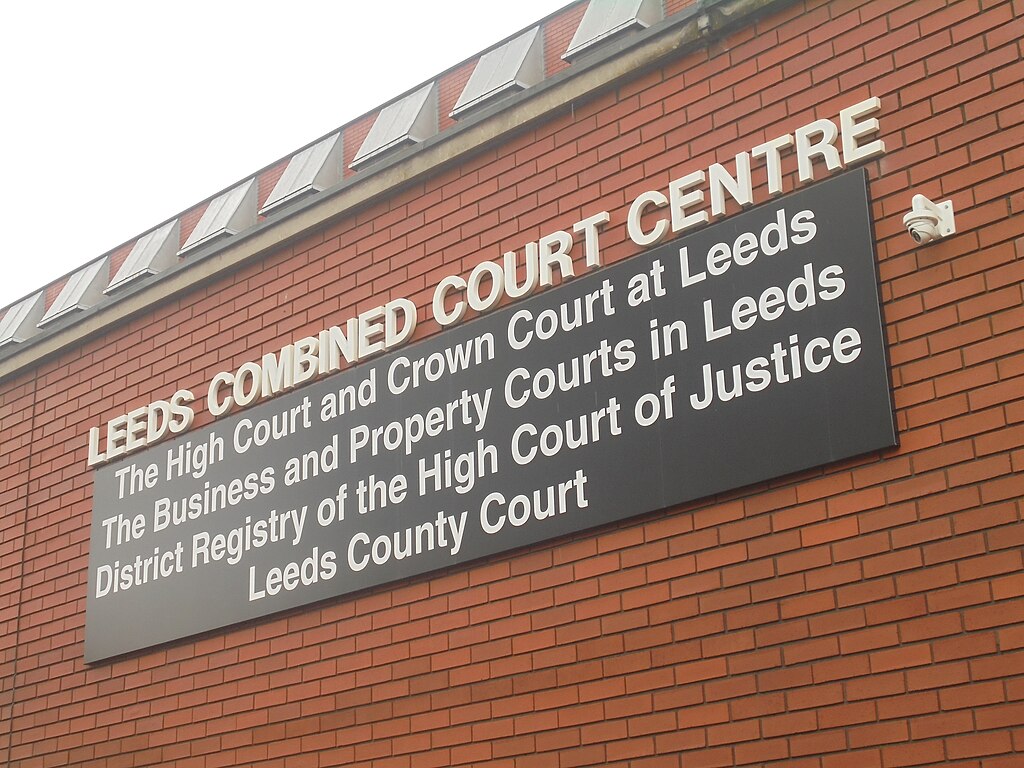Tribunal strikes off Michael Edward Rigg after fraud conviction and prison sentence for abuse of trust
The Solicitors Disciplinary Tribunal (SDT) has struck off solicitor Michael Edward Rigg after he was convicted of fraud by abuse of position and sentenced to more than two years in prison. The ruling, handed down in March 2013, followed his conviction at Leeds Crown Court for stealing from a vulnerable client over several years.
Rigg, born in 1951 and admitted as a solicitor in 1977, worked as a consultant at Morrish Solicitors LLP in Leeds until his resignation in July 2011. On 23 February 2012, he pleaded guilty to three counts of fraud by abuse of position under section 4 of the Fraud Act 2006. A month later, on 23 March, he was sentenced to 26 months’ imprisonment.
His Honour Judge T Khan QC, passing sentence, described the conduct as a gross breach of trust. The judge said Rigg had persistently stolen money from an elderly and vulnerable woman over a period of three years. The court heard that the victim, referred to as Mrs R, had relied heavily on Rigg, who had acted in a position of responsibility for her affairs. Judge Khan observed that Rigg’s status as a solicitor left him in no doubt about the seriousness of his actions. While he acknowledged that Rigg had repaid almost all of the stolen money, he said this was of limited relevance given the gravity of the dishonesty.
Embed from Getty Images
In mitigation, the court was told Rigg had previously enjoyed an impeccable professional record, was of good character, and had engaged in charitable work. He had pleaded guilty at the earliest opportunity and had written references attesting to his personal and professional qualities. Judge Khan accepted that imprisonment would be particularly difficult for Rigg due to his fragile health and that he had already lost his career and suffered considerable shame. Nevertheless, the judge concluded that an immediate custodial sentence was unavoidable.
When the matter came before the SDT, the Solicitors Regulation Authority (SRA) argued that Rigg’s conviction demonstrated clear breaches of the SRA Principles 2011, specifically the duties to uphold the rule of law, act with integrity, and maintain public trust in the profession. In emails sent to the SRA ahead of the tribunal, Rigg did not contest the allegations. He apologised for his actions, expressed regret, and confirmed he had retired from practice. He explained that he had repaid the stolen money by selling his home and had renounced any entitlement under the victim’s will.
The SDT accepted that the conviction and the facts underlying it proved dishonesty at the highest level. It concluded that the seriousness of Rigg’s misconduct left striking off as the only appropriate sanction. The tribunal noted aggravating factors including the deliberate exploitation of a vulnerable client and the sustained nature of the offending. It acknowledged mitigating points such as repayment of the stolen money, his guilty plea, cooperation with the investigation, and his previously unblemished record. However, it said these were insufficient to avoid the ultimate sanction.
In its written reasons, the tribunal said that dishonesty of this kind is incompatible with continued membership of the profession. It ordered that Rigg be struck off the roll of solicitors. He was also ordered to pay £1,226.65 in costs, a sum he had already agreed to.
The ruling brought an end to Rigg’s legal career, which had spanned more than three decades. The SDT emphasised that protection of the public and the reputation of the profession demanded removal from the roll in cases of serious dishonesty, particularly when involving the abuse of a vulnerable client’s trust.
